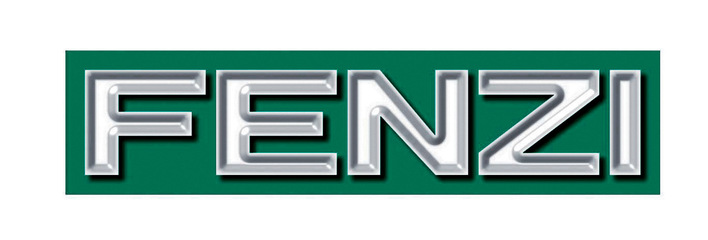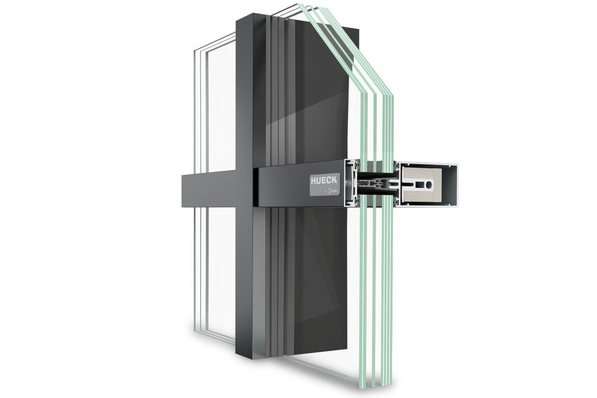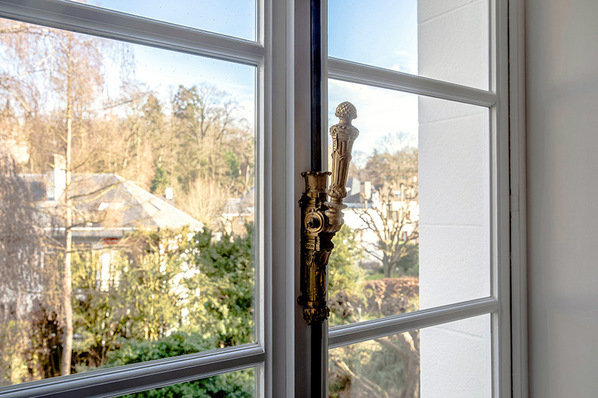GW-News - Mr Äppelqvist, how have you settling in in Germany?
Miika Äppelqvist - I like being in Germany. And I have to say that settling in has been easier than I thought. This is also due to the fact that Germans and Finns are more similar than I had previously assumed.
GW-News - How do you assess the glass market in Germany and Europe for 2024/25?
We have had very successful and also somewhat crazy years in the recent past, triggered by Covid. That is now behind us. I have the feeling that we are now experiencing a slowdown, which is like a pause for breath, and that's not a bad thing. The industry had some high growth figures and that is now stabilising and the market is stabilising. The official figures for building permits are falling across Europe, which is having an impact on our customers and then also on us. Nevertheless, I am confident that things will soon pick up again. What is good in the glass industry is that many processors, probably the majority, are taking a long-term view of the market and making plans accordingly. In the medium to long term, the prospects for glass are good and this will also have a positive effect on glass processors.
GW-News - Where does your confidence come from?
All megatrends indicate that more and more glass will be needed. Anyone who is active in glass is operating in a growth market. An important driver for this is currently the debate about sustainability. This is increasing the demand for energy-efficient, safe glass solutions and will also have a positive impact on the construction industry. What's more, there are always opportunities for growth for glass processors, especially in niche products. Those who are active in these areas can position themselves well.
GW-News - Automation and digitalisation are among the most important topics for glass processors. What does Glaston offer here?
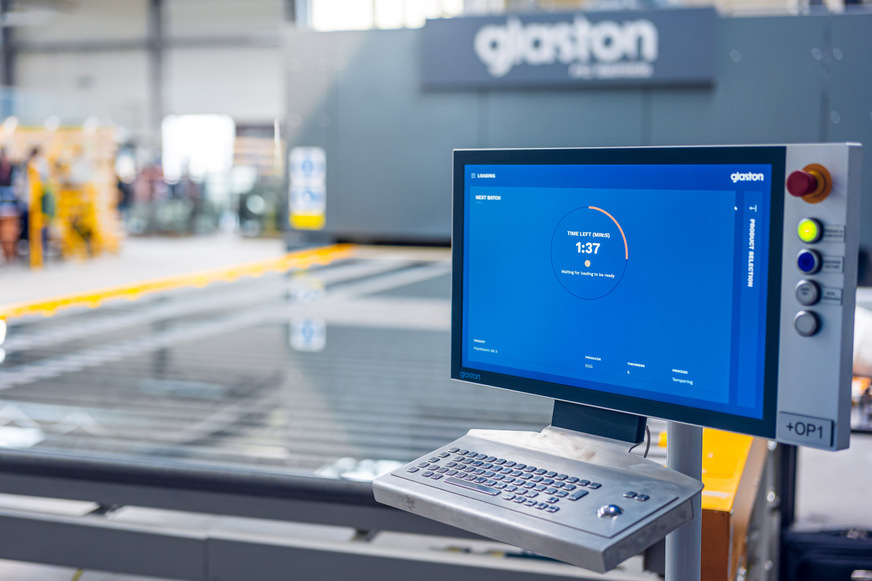
Glaston
The demand for automation from processors has increased significantly in the last 10 years, much faster than before. A lack of manpower today can only be compensated for with automation and digitalisation. This is a great opportunity for us. We want to grow from our core competences. 10/15 years ago, glass processors bought machines, today they are looking for integrated systems and automated lines.
See also: Glaston and Corning Incorporated join forces
We want to understand these processes and supply our customers with suitable systems based on them. We also want to offer all the necessary services around a line, including the software and logistics for loading and unloading. Furthermore, a lot of automation can take place within the machine environment, such as with the TPS application. That is 100% automation. Work steps can also be further automated in the laminating process.
More automation means fewer employees in production due to integrated systems and automated lines. As a result, fewer employees in production will understand the entire process.
With this in mind, Glaston needs to provide more services. This means remote services if a system is not running smoothly, precise diagnostics and remote maintenance, as well as data that allows us to optimise the process. We can provide support here, as we collate a lot of production data.
GW-News - How do you enable digital security for customers here?
Digital security is a key issue for us. We are very mindful of this and invest heavily in digital security. One of our functions is to ensure that nobody can hack into production from outside. Providing the right tools here is key to our future success.
GW-News - Is unmanned production in the glass industry in demand from glass processors?
Not yet. However, the question is on our table, even though well over 90% of investments are still being made in existing production facilities. As a result, we have been working on this issue - and it's a good question - for some time now. This will also help us to deal with future questions from glass processors in a targeted manner and to develop the right products.
GW-News - What does that mean in detail?
We come from a solid base and already have many applications for automated production on offer. This means that we understand the processes and have the machines and systems that are already designed for automation. The keyword here is our autopilot. Another of our core products is TPS (the Thermo Plastic Spacer), which helps to further automate insulating glass production.
We want to further automate such core elements in our product range, as this is precisely where the added value for glass processors and insulating glass manufacturers is created.
GW-News - Sustainability is currently another big topic in the glass industry. How is Glaston positioned in this area?
Sustainability as a whole is a great opportunity for glass processors to position themselves better in the market, and we are focussing on this. That is our guiding principle. We are pursuing a life cycle approach and are also working on retrofitting older systems in order to achieve greater energy efficiency for the processor. It is usually more sustainable to optimise what already exists rather than to manufacture or purchase a new product. We offer the appropriate upgrades for this purpose.
Also interesting: Flexible warm edge spacer systems in Copenhagen and Luxembourg
This brings us to service, another of our core competences. We believe that if we help the customer to find the best solution for them, then we will reap the best long-term benefits. That comes back to us in a positive way.
GW-News - In the past, Glaston has also researched switchable glass in addition to machines. Is that still relevant?
Switchable glass is part of our ‘new technologies’. This means that we are always looking for new fields in which we can work, and switchable glass is one of them. We work together with start-ups and support these companies. We are a pioneer of smart glass. This is an important pillar of our further development as a company. However, new technologies need time to establish themselves and create industrial processes from them. This is where we support start-ups in a wide range of areas.
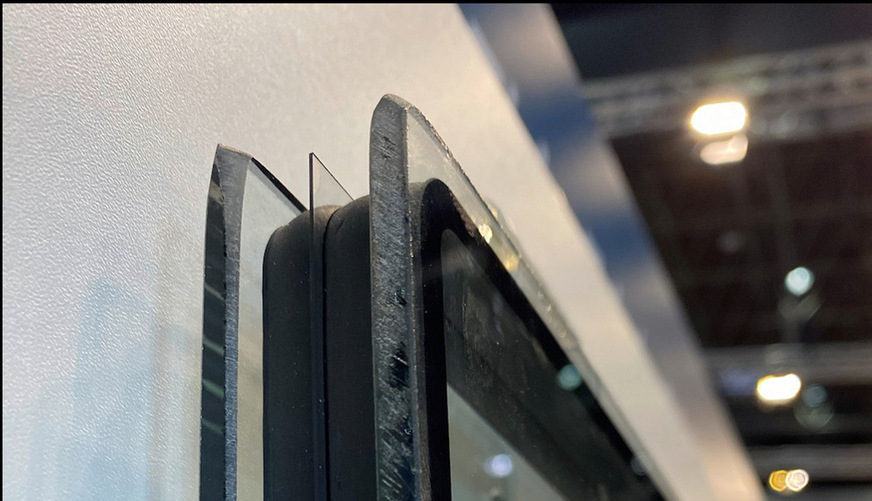
Matthias Rehberger / GW
GW-News - What were your main focuses for glasstec 2024 and which machines did you present?
Much of what we are bringing to the market will make processors more effective and advance automation. We showed exciting innovations and made the TPS process even faster. We think that TPS should also be used more in residential construction. The fact that we are speeding up IGU production at TPS will help this development. What's more, residential construction wants glazing bars. Until now, there has been no good automation solution for IGUs for residential construction. In my opinion, this will be a game changer. We presented both TPS PRO and Muntin'Master live at the trade fair.
GW-News - What are your goals for Glaston for 2024/25, and what are your personal goals?
For Glaston, it's simple: we want satisfied customers and convincing products, which means we want to become the customers' first choice. Our goal is to grow faster than the market. And we can only achieve this if we have satisfied customers. We also want to remain the number 1 in TPS and establish the autopilot even more strongly in glass tempering, as well as automation in LSG. Personally, I want to drive this growth forward. And I want to integrate myself even more in Germany.
The interview was conducted by Matthias Rehberger










